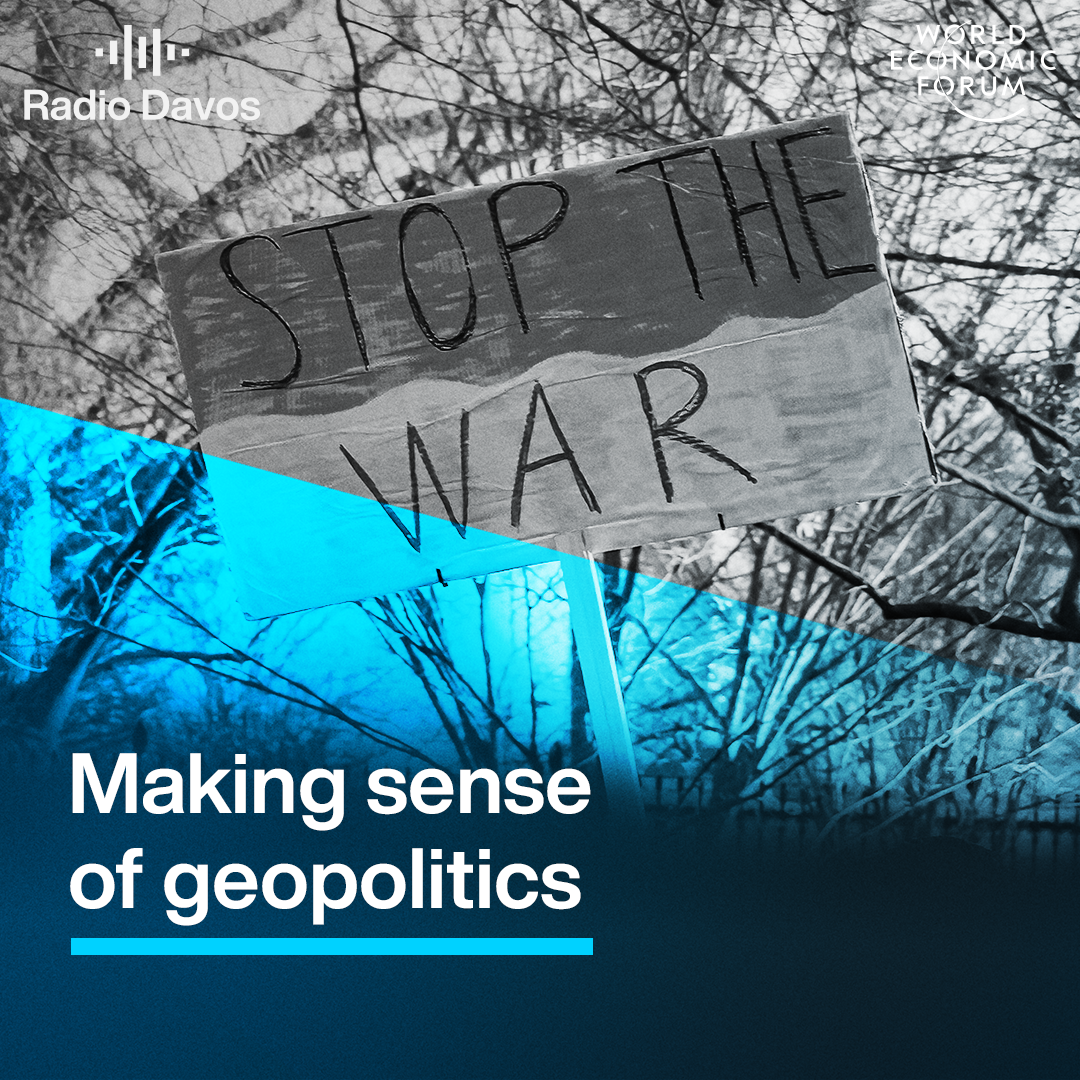Do Europeans really fear migrants?

Far-right parties are set to make substantial gains in the European Parliament election. Though analysts differ on whether this populist wave is fleeting, whether it will seriously harm European Union policy-making, and whether it will be sustained in national elections, they tend to agree on at least one thing: Support for such parties is often grounded in anti-migrant sentiment. Appearances and received wisdom, however, can deceive.
Populism takes many forms, and the logic of its success varies from place to place. But economic discontent (often associated with the euro), anger at the political establishment, the resurgent appeal of nationalism, and negative sentiment towards the EU are all recurring themes, whether it be in the United Kingdom, France, Hungary, Italy, Greece, the Netherlands or Denmark.
It is also true that migrants figure prominently in populist rhetoric throughout the EU. But it would be dangerously mistaken to conclude that the mere presence of migrants in Europe fuels support for extremists. A much stronger case could be made that it is the absence of effective policies to manage migration that has alienated European voters.
Strikingly, the far right only has a faint heartbeat in those EU member states that have been the most proactive in managing migration and immigrant integration. Germany, Spain, Sweden and Portugal, for example, have done more than most others to open legal channels for migration and invest in migrants’ integration.
In these countries, populism is not fundamentally changing the contours of the political debate. In Spain and Portugal, for example, where unemployment is very high, populist parties barely have a foothold.
In fact, these countries’ citizens generally support legal migration and perceive integration efforts as being successful. In Germany, 62% of those surveyed by the German Marshall Fund view immigration as more of an opportunity than a problem; that number reaches 68% in Sweden. In Portugal, when asked if first-generation immigrants are well integrated, 79% of respondents said yes, as did 63% of those surveyed in Spain.
By speaking openly about migration and addressing voters’ legitimate concerns, politicians in these countries also have helped to ground public debate in reality. They frame immigration as a generally positive development that helps to mitigate the problems of ageing populations and labour-market gaps. As a result, fear is muted: Asked whether immigrants take away jobs from native-born citizens, 80% of Germans and 77% of Swedes said that they do not.
In places where the rhetoric surrounding immigration flies off the handle, as in the UK, perceptions are sometimes grossly distorted. The average Briton, for example, believes that 31% of the UK population was born abroad, whereas the actual number is 13%. Compare that to Sweden, where the difference between perception and reality is just three percentage points. Reality-based debate and policy-making can fundamentally transform the negative dynamics surrounding migration.
Europeans also have far fewer cultural concerns about migrants than media coverage might lead one to believe: 69% of Europeans believe that migrants do not pose a cultural threat. In fact, almost two-thirds – including 82% in Sweden and 71% in Germany – say that immigrants enrich their national culture.
By contrast, government parties that have failed to think progressively about migration or that do not contest populist rhetoric adequately (or at all) are suffering the most ahead of the European Parliament election. Indeed, by doing too little to manage migration and integration, some governments have ceded control to smugglers, traffickers and exploitative employers, thereby contributing to social division and hampering economic growth. Not only are they empowering populists; they are becoming more and more like them.
There is still time to move in a more sensible direction. Continent-wide, Europeans remain level-headed about migration. Overall, according to the Germany Marshall Fund, 62% of Europeans are not worried about legal migration. Large majorities, meanwhile, agree that “migrants generally help address labour-market shortages”. Such grounded beliefs prove that there is space for an honest debate about the role of migration in Europe’s future.
The scale of migration should be a matter of enlightened public debate, one that balances economic, humanitarian and social considerations. Politicians who have the courage to lead such a conversation in a constructive manner might be surprised by the public’s response.
Published in collaboration with Project Syndicate
Author: Peter Sutherland is Chairman of the London School of Economics, non-executive Chairman of Goldman Sachs International, and Special Representative of the UN Secretary-General for International Migration and Development
Image: Members of an electoral commission sort ballots after the end of voting at a polling station in Athens.
Don't miss any update on this topic
Create a free account and access your personalized content collection with our latest publications and analyses.
License and Republishing
World Economic Forum articles may be republished in accordance with the Creative Commons Attribution-NonCommercial-NoDerivatives 4.0 International Public License, and in accordance with our Terms of Use.
The views expressed in this article are those of the author alone and not the World Economic Forum.
Stay up to date:
Hyperconnectivity
Related topics:
Forum Stories newsletter
Bringing you weekly curated insights and analysis on the global issues that matter.
More on Geo-Economics and PoliticsSee all
Helmut Reisinger
December 17, 2025






